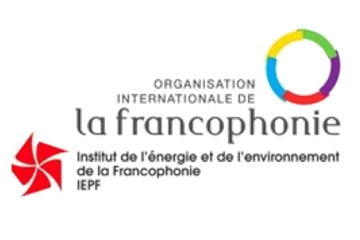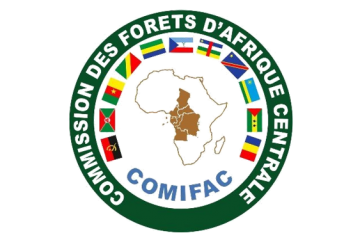REDD+ analysis (financing, modelling, etc.) for African negotiators Congo, République démocratique du Congo, République centrafricaine, Cameroun, Gabon, Guinée équatoriale
![]() ENVIRONMENT
ENVIRONMENT ![]() FORESTRY
FORESTRY ![]() TRANSVERSAL
TRANSVERSAL


Services: Strategic analysis and foresight
Countries: Congo, République démocratique du Congo, République centrafricaine, Cameroun, Gabon, Guinée équatoriale
Dates of intervention: 2010/04
Main backer: Institut de l’énergie et de l’environnement de la francophonie - Client
Other backers: Institut du développement durable et des relations internationales
Main beneficiary: Commission des forêts d’Afrique Centrale
Support provider: Maden LE CROM
Experts: Olivier BOUYER, Maden LE CROM
Certificate of satisfactory executionEléments sur la réduction des émissions dues à la déforestation et la dégradation forestière dans les pays en voie de développement (REDD)
Context of the service
The Institut de l'énergie et de l'environnement de la Francophonie (IEPF) supported African negotiators in discussions on the future post-2012 climate regime. In this context, he commissioned a study on the REDD+ mechanism ahead of the Mexico City Climate Conference in December 2010.
The objective was to provide negotiators with factual and objective arguments to proactively contribute to the post-Copenhagen negotiations on REDD+, taking stock of:
- Existing funding channels?
- Modalities for developing baseline scenarios determining the evaluation of REDD+ results?
- Main causes of degradation and deforestation in Africa?
Services provided
The services provided were as follows:
1/ Review of funding available to African countries on REDD+ (11 main donors as well as donors of 25 REDD+ projects identified in Africa).
Sources: public information platforms; information provided by existing standards and open to REDD+ projects; information provided by regulated carbon markets (under the Kyoto Protocol or regional or national legislation such as the California market); cross-referencing with existing databases on forest carbon projects as well as with studies conducted by research centres. A specific collection of information was also organized through the contacts of experts in bilateral cooperation agencies (GTZ, DfID, JICA, AFD, etc.) and multilateral (WB, UN-REDD, GEF, Regional Banks, etc.) active on the subject and among REDD+ negotiators from donor or beneficiary countries.
2/ Identification of the drivers of forest degradation and deforestation (location and quantification).
3/ Identification and analysis of 14 modelling tools and other methods for the development of REDD+ reference scenarios.
Summary of the service
REDD+ analyses for African negotiators: Review of financing available to African countries on REDD+ (11 main donors as well as donors of 25 African REDD+ projects); Identification of drivers of forest degradation and deforestation in Africa (location and quantification); Identification and analysis of 14 modelling tools and other methods for the development of REDD+ baseline scenarios.